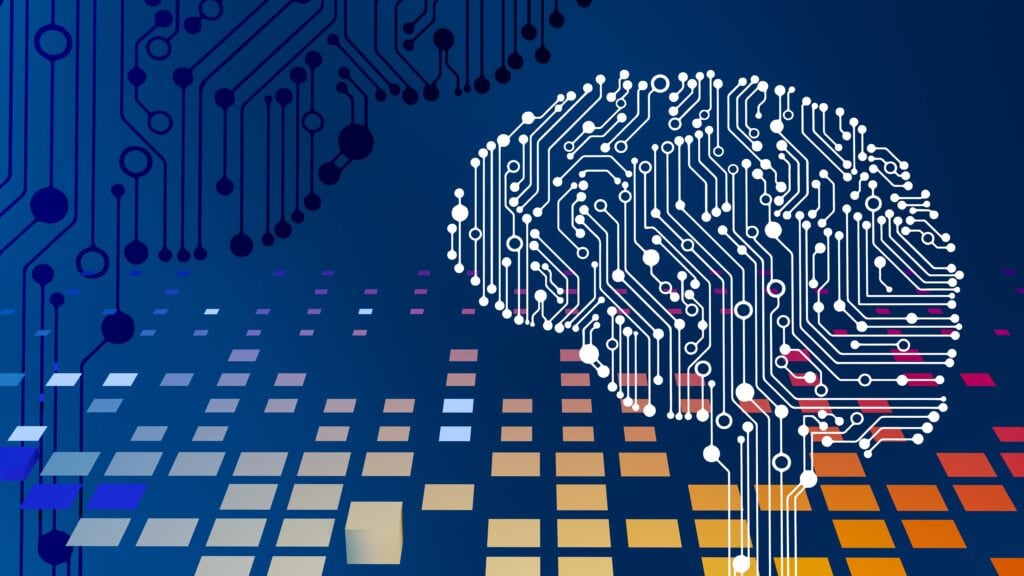The rapid advancements of artificial intelligence (AI) have sparked discussions about its potential for transforming numerous industries. From improved automation to precise personalization, AI is reshaping the principles and strategies of digital marketing. This transformation has questioned the relevance of traditional digital marketing techniques and tactics. Let’s uncover the intricate relationship between digital marketing and AI, showcasing the enduring importance of marketing strategies in the age of AI.
The Importance of Digital Marketing in the Age of AI
Even with AI technology, digital marketing remains a top priority for businesses seeking to expand their reach, connect with audiences, and increase conversions. AI excels at data analysis and automation, making many repetitive tasks more manageable. However, AI lacks a human marketer’s innate creative and strategic thinking abilities.
A compelling digital marketing strategy requires marketers to craft engaging narratives, design visually appealing content, and develop strategies that appeal to human emotions and logic. AI, though technologically complex, cannot fully understand the complexity of human emotions and context, making it difficult for these systems to craft content and marketing plans that resonate with audiences on a personal level. AI systems cannot replace the personal touch of a human content creator and marketer.
Additionally, digital marketing constantly evolves with trends, consumer behaviors, and search engine updates. A human marketer is better equipped to adapt to these changes, whereas AI requires instruction before carrying out tasks. Digital marketers can leverage their ability to think quickly and make real-time decisions as trends change. AI is also designed to operate within predictable environments. However, the internet and social media landscape are often changing and unpredictable. Human marketers can navigate complex scenarios and decide when data is unclear or unavailable.
Ultimately, AI cannot replace the finesse and touch of a human marketer. These individuals possess creativity, emotional intelligence, and strategic thinking that allow them to craft marketing campaigns that pull at the heartstrings of their audiences. However, AI can be a powerful tool for data analysis, automation, and optimization within a digital marketing plan. By combining the effort of AI technology and a human touch, marketers can craft compelling, data-driven marketing messages that meet consumers’ expectations.
Integrating AI Capabilities with Digital Marketing
AI can be used in various ways to improve a digital marketing strategy.
Personalization and Customer Experience
Personalization is growing to be one of the most important digital marketing strategies. Studies show that personalization in a website can boost revenue by 15%. Consumers are growing to appreciate tailored content, experiences, and recommendations that meet their preferences. Digital marketing strategies employing AI algorithms can analyze user behavior, like page and purchase history, to create personalized content, recommendations, and promotional offers.
AI technologies, like machine learning, can learn customer preferences and behaviors, signaling to marketers what content and messages will resonate with specific customers. Chatbots and virtual assistants offer personalized interactions, giving customers 24/7 access to information that can lead them to a purchase decision.
Automation and Efficiency
AI tools and platforms can automate repetitive tasks and processes, allowing digital marketers to focus on activities that require creativity and strategic thinking. Social media scheduling is one area where automation can enhance efficiency, leaving more time for core content production.
The Role of Data in Digital Marketing
AI is also effective at pulling data and data analysis. Critical analysis of relevant data is essential for crafting an effective marketing strategy. Trends in data can reveal to digital marketers what consumers are looking for, how they interact with content, and what types of content are not resonating with audiences. AI-driven data analytics provides marketers with unprecedented amounts of consumer data, allowing them to understand better how consumers behave online. Marketers can then interpret this data, creating actionable insights to improve their digital marketing strategies. Additionally, machine learning algorithms can identify trends and patterns in big data, helping marketers better understand their consumers. Predictive analytics can then forecast future trends in audience behavior, allowing marketers to prepare and stay ahead of the competition.
In conclusion, AI does not replace the strategies and human touch involved with digital marketing. Instead, AI technology can enhance digital marketing strategies, improving efficiency and understanding consumer behavior.
Need Help Marketing? We Can Help!
Effect Web Agency provides web design and marketing services for local, regional, national, and international clients. Contact us to learn how you can improve your online visibility.




